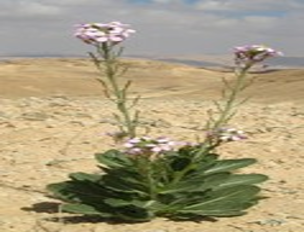Abstract
Plants and natural compounds are extensively reported for diverse biological activities, including their effects on the inflammation pathway. The annual winter herb Diplotaxis acris (D. acris) is found only slopes of sandy and stony valleys in the desert. This research is intended to make a contribution to the literature regarding the employment of the species of plant ethnomedicinally by undertaking FTIR spectroscopic analysis and examining several concentrations of the plant's extract for anti-inflammatory activity in vitro with activated THP-1 human macrophages to examine its mediating effect on inflammation. Cell viability was also evaluated, and there was no severe cytotoxic effect from D. acris extract with any of the concentrations being assessed on cells. ELISA was used to assess the pro-inflammatory cytokines and chemo kines that were produced. It has been noted that the plant extract led to a significant decrease in levels of the pro-inflammatory cytokines, including interleukin (IL)-1β, tumour necrosis factor (TNF)-α and IL-6. Inhibition of pro-inflammatory cytokines indicates the anti-inflammatory trends of D. acris. This plant can be investigated further by isolation of natural compounds from the extract and effects of these compounds can be evaluated on the same inflammatory markers to show the main active constituent responsible for anti-inflammatory activities.
Full text article
Authors

This work is licensed under a Creative Commons Attribution-NonCommercial-NoDerivatives 4.0 International License.

